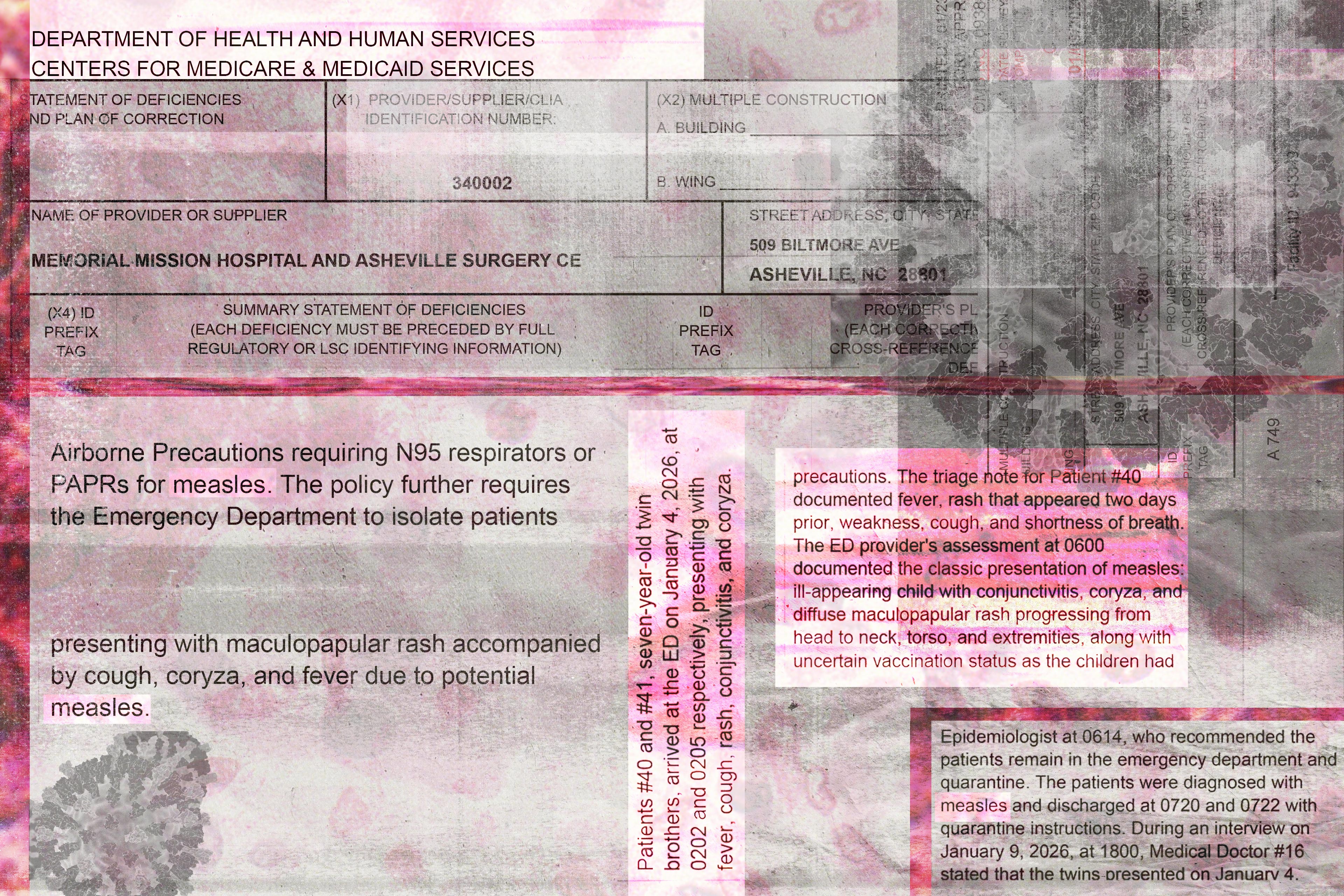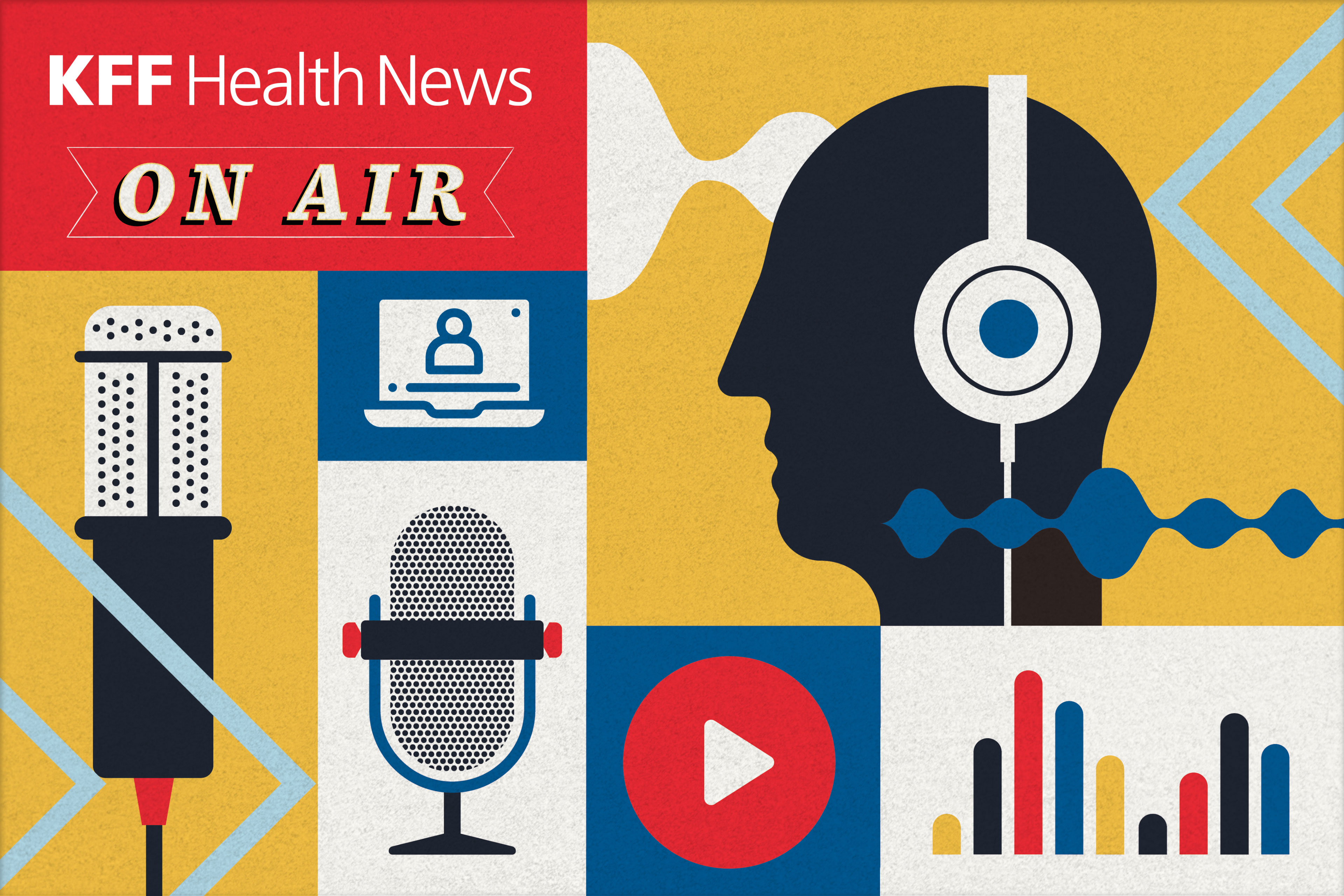Global Health Aid Cuts
This collection of resources chronicles what recent Trump administration global health aid cuts mean for the future of global health programs and the people who rely on them.
The independent source for health policy research, polling, and news.
This collection of resources chronicles what recent Trump administration global health aid cuts mean for the future of global health programs and the people who rely on them.
This collection of fact sheets documents the status of U.S. global health programs under the Trump administration. The resources will be updated as necessary.
This KFF brief provides key facts about U.S. funding for global health, including the range of efforts the U.S. supports, U.S. agencies/departments involved in global health activities, funding trends, and more.
In this Health Policy 101 chapter, investigate the U.S. role in global health, including the major initiatives the United States supports, funding levels, and agencies involved in implementing program area efforts.
This fact sheet provides an overview of U.S. government global health policy and engagement.
This resource includes KFF's ongoing work about the U.S. Global Health Budget to date.
This dashboard monitors progress being made to address the HIV/AIDS epidemic in countries where PEPFAR operates. It includes data for 54 countries and tracks progress against 6 different indicators.
This tracker provides regularly updated information on U.S. government funding for global health. It includes historical trends and tracks funding levels for U.S. global health efforts through bilateral and multilateral contributions and by program area and agency.
This tracker provides a listing of global health-related legislation introduced in the current Congress.
This fact sheet identifies key U.S. government global health positions and officials.




Choose which emails are best for you.
Sign up here